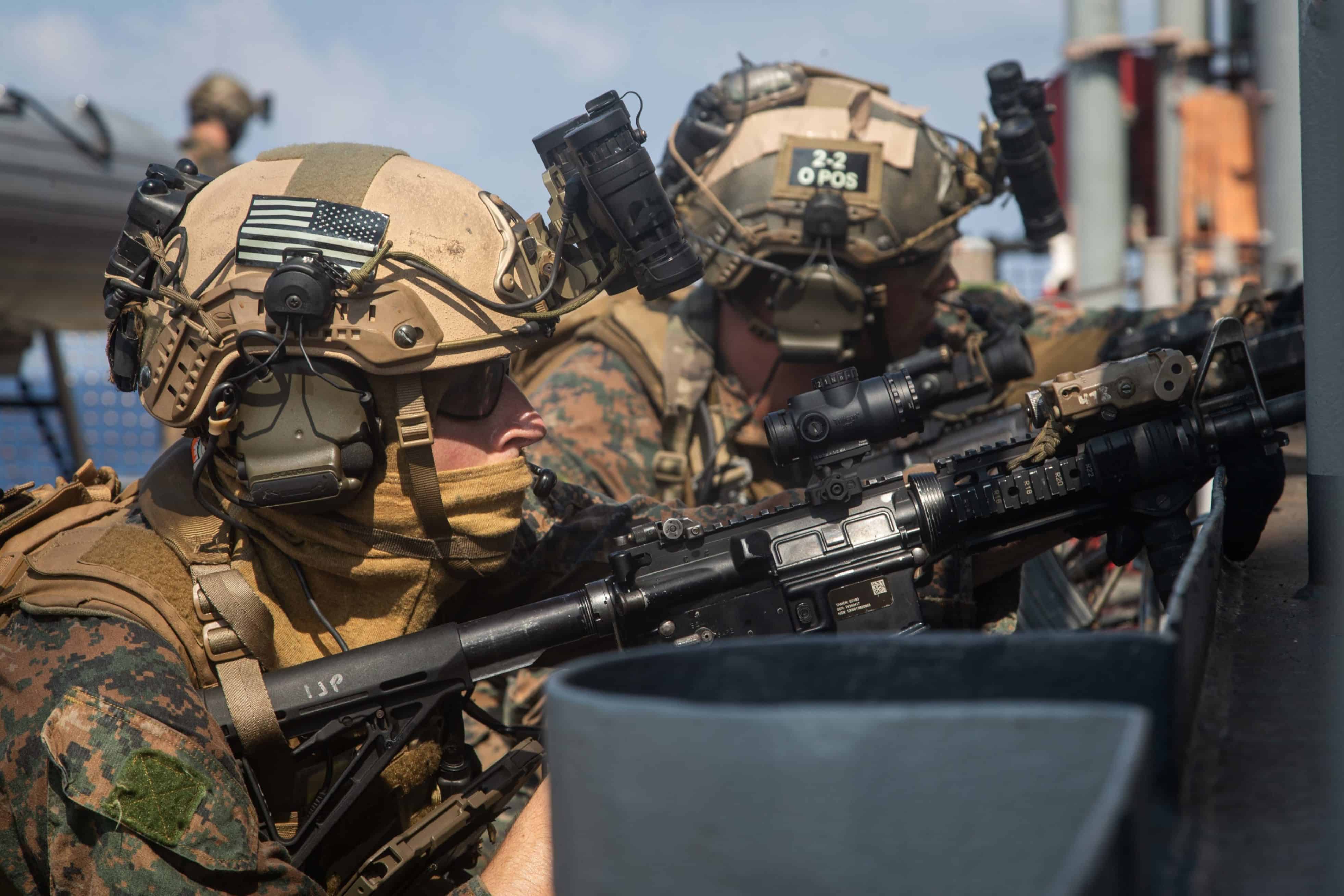To compete effectively with China and Russia, special operations must streamline their position, while also developing partnerships and burden-sharing to harness their skills in a shifting global scenario.
Special operations will play a crucial role in competing with China and Russia, but there is a need to refine their role, according to military officials. The U.S. Special Operations Command (SOCOM) made significant contributions during the Cold War and could be vital again. However, determining who takes the lead remains a challenge. While special operations cannot take charge entirely, they can be at the forefront of bridging policy decisions with real-world operations. SOCOM is working on shaping its role, focusing on an exercise called “what winning looks like” to address the threat posed by China against Taiwan and its implications in a global context. The command must be able to articulate the value of special operations delivery. Building partners and allied forces is essential to leverage special operations capabilities, with an emphasis on burden-sharing. The concept of “reverse burden sharing” allows U.S. forces to relieve pressures on partners, enabling them to conduct training and support in areas like Ukraine.






